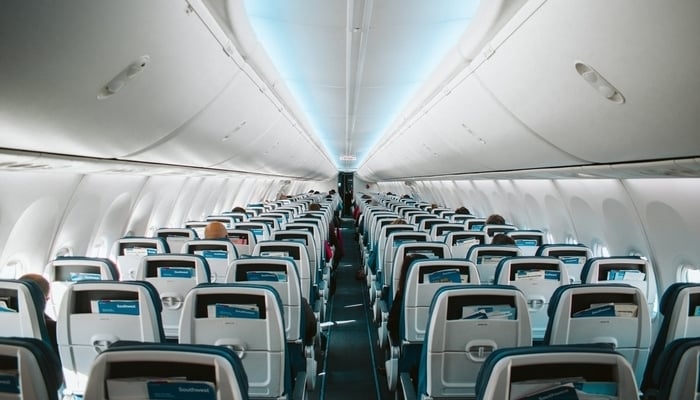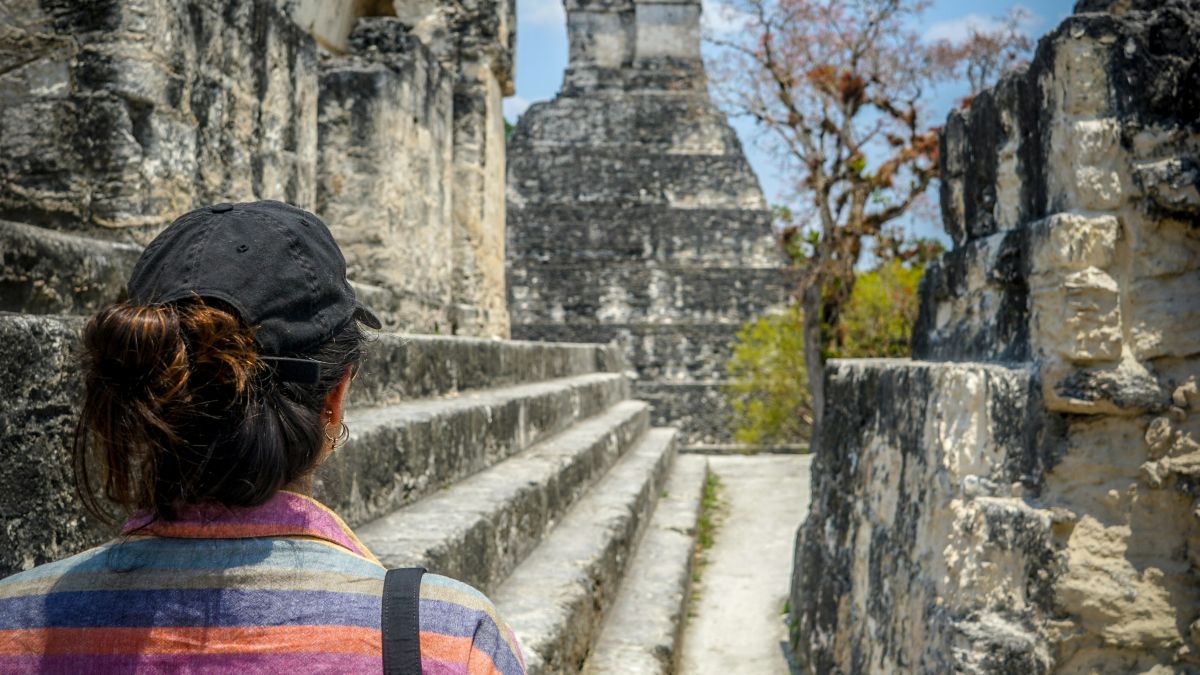As the high season gears up in Central America, IATA recommends the region standardizes its travel requirements, implying individual protocols are confusing. Easier said than done.
Speaking yesterday to Costa Rican newspaper La Republica, David Hernandez – the IATA (International Air Transport Association) Area Manager for Central America, Ecuador, and Venezuela – said Central America would be better off standardizing its entry protocols during the COVID pandemic.
“Some countries in Central America require PCR and antigen testing. Other countries want antigens, antibodies and PCR tests; others only PCR. And then there’s Costa Rica with no test requirement,” said Hernandez.
“There are also differences in the duration time for the validity of the test. Some are 72 hours before and other 48 hours. In short, it’s very varied.
“The fact that each country has different requirements complicates travel. IATA calls on all countries to follow the recommendations of the International Civil Aviation Organization.”
“Países deberían homologar sus requisitos de viaje para Covid-19”: gerente regional de IATAhttps://t.co/UxZ1UYtDij pic.twitter.com/wz1d3SRZTL
— La República (@La_Republica) December 1, 2020
So what are the International Civil Aviation Organization (ICAO) recommendations?
Well, therein lies more complication. The recommendations are convoluted. The ICAO published its Manual on Testing and Cross Border Risk Management Measures on November 16. This is the guide David Hernandez and IATA want all countries to follow.
The problem is, if you actually read the Manual on Testing and Cross Border Risk Management Measures, it contradicts itself. Multiple times.
For example, in the manual, ICAO recommends COVID testing before travel. They state that “the optimum risk reduction results can be achieved by testing within 48 hours of departure.”
But at the same time, ICAO also appears to support leaving testing up to individual countries. This seems like a weak-willed recommendation at best. I guess the advice is that if a country requires a COVID test to enter, they should demand a 48-hour one, but if not, then what? Nothing? 72 hours?
ICAO also recommends screening upon arrival, saying this is more beneficial than quarantine. They then go on to extol the virtues of quarantining travelers upon arrival.
NEWS RELEASE: New manual issued on #COVID19 testing and cross-border risk management https://t.co/d5cgR7yhKr
.#Aviation #Flying #Travel pic.twitter.com/CgsTD3Bs9P— ICAO (@icao) November 23, 2020
In short, the manual seems messy and contradictive, which makes it difficult for Central America to decide which country is doing it right.
Still, at least the ICAO is clear about some things. They say mask wearing, social distancing, and hand hygiene are vital for safe travel. Tell us something we don’t know.
It seems the ICAO recommendations are as up in the air as any other aspect of this pandemic. They’re guessing. Which makes IATA telling countries they should follow ICAO recommendations rather ridiculous.
So in the end, what country does Hernandez think is doing it right? Costa Rica with no testing or quarantine? Or Panama with 48-hour testing? Who should the region emulate? This is what I wish La Republica had asked him.
In the meantime, I guess each country should just carry on with what they’re doing if it works for them. Vaccines are coming soon, and once they’re underway, odds are that the ICAO will recommend those as a mandatory requirement to get on a plane or enter another country.
An updated guide to Central America’s COVID travel restrictions (as of November 3, 2020). How does your country compare?https://t.co/ws988F8Jv6
— CentralAmericaLiving (@VidaAmerica) November 3, 2020
Speaking of getting on planes, Hernandez was clearer about this in his La Republica interview.
When asked about respecting spacing on planes, keeping those middle seats free as some airlines do, he said that wasn’t necessary.
“The product our members [airlines] offer is totally safe,” said Hernandez. Filters in the planes recycle the cabin air with 50% external air that is completely clean.”
“There are also protocols to prevent contagion like restriction of movement in the cabin and permanent mask use.”
Airlines around the world have been hit hard by the COVID pandemic. In Latin America, Avianca and LATAM have both filed for bankruptcy. Interjet is on the brink, cancelling all its flights as it can no longer afford fuel.
IATA expects airline income and passenger levels won’t return to pre-COVID levels until 2024.
Interjet cancels all its flights again as it has no money for fuel. https://t.co/IYXRsboMmI pic.twitter.com/LbSdugzUhD
— Mexico News Daily (@mexicond) November 30, 2020
James Dyde is the editor of www.centralamerica.com. He lives in Escazu, Costa Rica.




